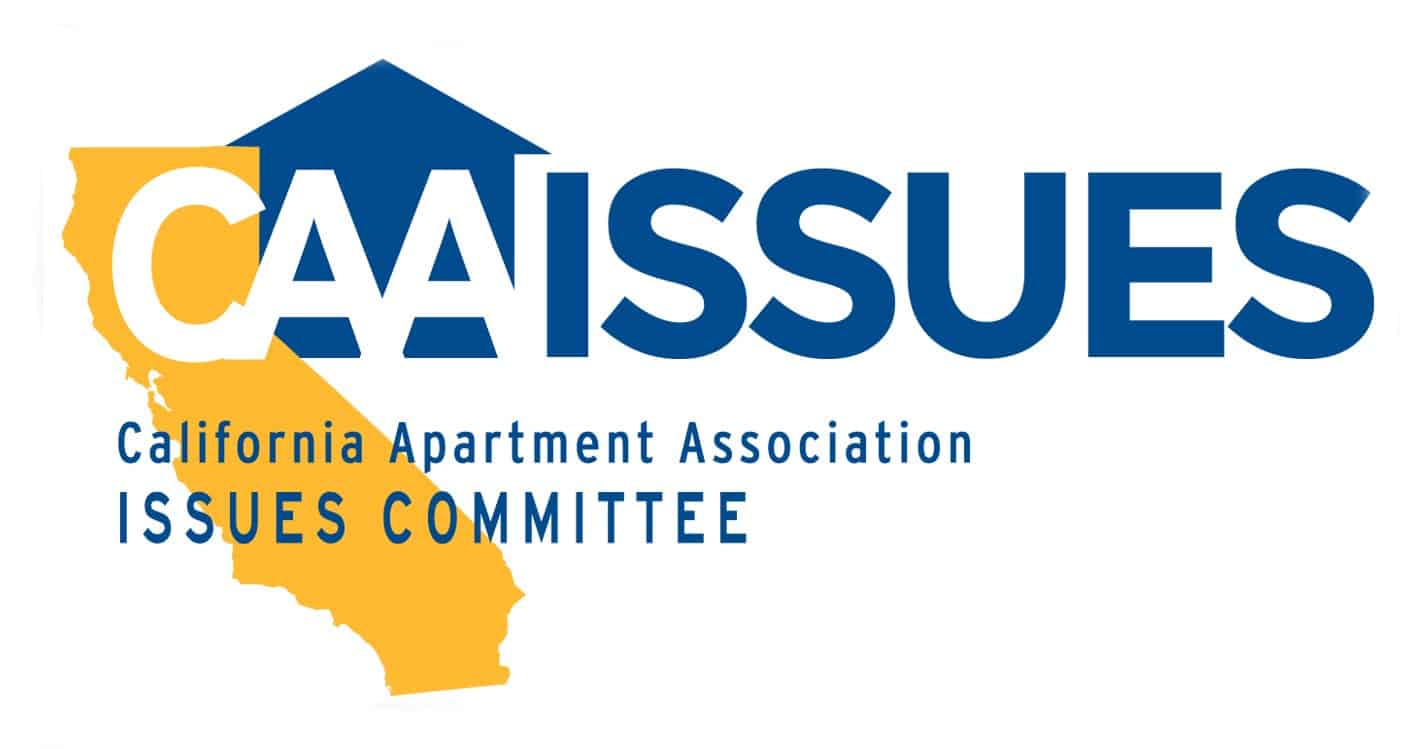Landlord-tenant laws taking effect next year address a variety of topics, from code enforcement to emotional support animals to how tenants access the property.
Below you’ll find summaries of these laws, which take effect Jan. 1, 2022, and details on CAA’s upcoming New Laws Webinar.
Code enforcement response: AB 838 by Assemblywoman Laura Friedman, D- Glendale, will prohibit local code enforcement agencies from placing restrictions or preconditions, such as mandating that the rent be paid in full, before responding to habitability complaints.
Emotional support animals: AB 468, also by Friedman, among other things, will prohibit a licensed healthcare practitioner from providing documentation about an individual’s need for an emotional support animal without establishing a client-provider relationship with the individual for at least 30 days prior to providing the documentation for an emotional support dog and also completing an in-person clinical evaluation of the individual who requests the emotional support dog.
Short-term rental violations: SB 60 by Sen. Steve Glazer, D-Orinda, will authorize cities to impose a fine of up to $5,000 when an individual violates a short-term rental ordinance. The fines allowed by this law are intended to extend to tenants who violate the law — not property owners.
Equal access to amenities: AB 491 by Assemblyman Chris Ward and Assemblywoman Lorena Gonzalez, both Democrats from San Diego, will require that, for mixed-income multifamily structures, occupants of the affordable housing units must have the same access to the common entrances, areas, and amenities as the occupants of the market-rate housing unit. It also will prohibit a mixed-income multifamily structure from isolating the affordable housing units within that structure to a specific floor or an area on a specific floor.
